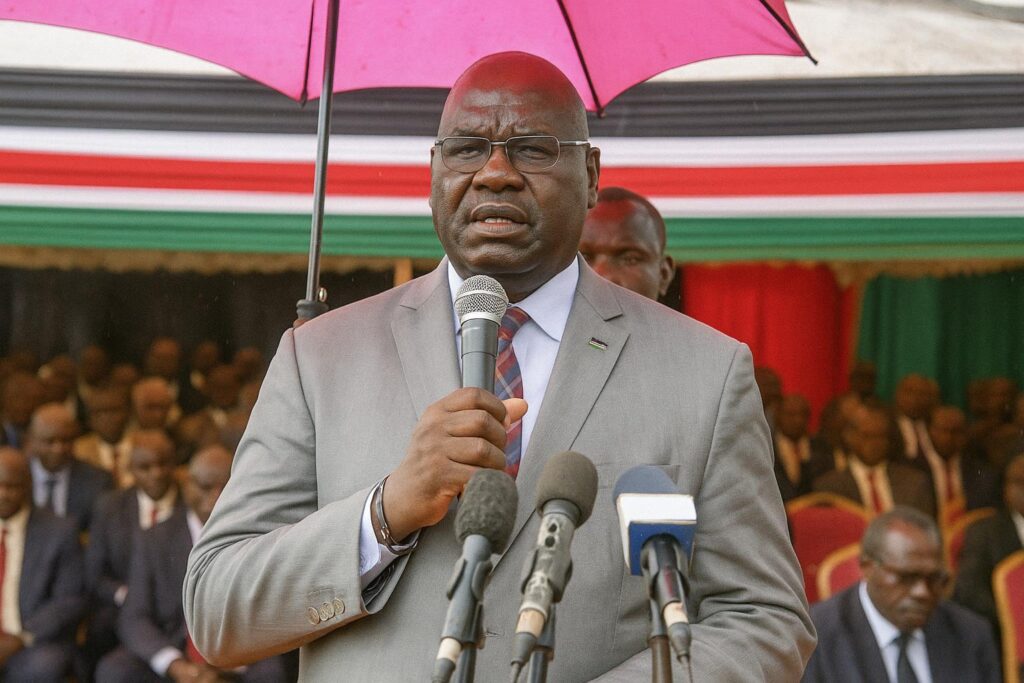Fiscal Reforms Gain Momentum
On 3 September 2025, Commissioner General Simon Akuei Deng addressed staff in Juba, stressing that generous tax exemptions erode South Sudan’s fiscal space and delay essential infrastructure upgrades (Eye Radio).
He reminded employees that the reform agenda comes directly from President Salva Kiir, who reportedly told senior officials, “Tax me too,” underscoring a desire for equal burden-sharing in domestic revenue mobilisation (Eye Radio).
Leadership Signals Tougher Controls
Deng noted that exemption certificates are sometimes traded informally to importers at cut-rate prices, a practice he labelled “selling the flag,” because the state forgoes duties without any corresponding benefit to consumers.
According to the Commissioner General, importers rarely slash shelf prices after securing illicit exemptions, meaning households face unchanged costs while public coffers shrink. He cautioned staff that complicity could invite disciplinary or legal consequences.
Implications for Market Prices
Economists in Juba argue the reform aligns with regional efforts to widen tax nets and stabilise currencies. They point to Uganda’s 2021 phase-out of blanket waivers as a demonstration that disciplined policy can boost investor confidence without deterring trade.
South Sudan’s government hopes the same approach will help fund health clinics and roads, key deliverables outlined in the Revitalised Peace Agreement’s economic chapter. Analysts say transparent collection could also ease donor fatigue by proving domestic commitment to self-reliance.
Lessons for Regional Tax Policy
Observers within the Economic Community of Central African States suggest the crackdown offers lessons for members contemplating revenue-raising drives. A Congolese economist notes that consistent rules, rather than ad-hoc waivers, give businesses clearer forecasts and governments steadier cash-flow.
Whether in Juba, Brazzaville or Nairobi, the message resonates: broadening the tax base may be politically delicate, yet it remains central to funding education, energy and digital projects that young Africans consider fundamental for inclusive growth.


